Snowpiercer is your garden variety sci fi movie. Misdirected science ushers in the apocalypse, in this case a super ice age. Noah’s train houses all that is left of humanity, however this no biblical story, hence it has tyrant, an upsurging hero, good vs the bad, drama, intelligent lines along the way, a few scientific terms in tit bits, basically all the masala.
The train that circumnavigates the world in 365 days is laden with symbolism. Apart from the obviously stated, Noah’s ship, the train has its own class system. The metal box traverses the globe piercing the ice, is essentially a closed system — resource limited by definition.
Wilford, the visionary, created the train anticipating the ice age, naturally assumes the role of the King God on the train. Symbolically, he is placed at the front of the train, top of the pyramid. The labor that creates the resources and keep the train running constitutes the underclass, the bottom of the pyramid, residing at the tail end of the train.
In between, are the transactional classes. A class that arbitrates the resources, controls the distribution, essentially they decides who gets what, sit below the king. They include the professionals, doctors, scientists, teachers, the odd artist, thus forming a very influential class. The closed system, is fragile, any exposure to the outside elements results in a certain death. Such fragile systems needs protectors, these protectors sit below the king.
The interaction between the protectors and professionals is fluid, their roles need to run symbiotically. They occupy the central portion of the train. The two categories that remain isolated sit at the extremes of the train. The King God is at an exalted position, hence he cannot interact with the mere mortals. And the underclass are merely unskilled labor, with a propensity to violence and disruption, hence they need to be kept isolated at the tail end. Interestingly, the movie also refers to them as the freeloaders. Because, they were loaded on to the train without buying a ticket, unlike the rest bought their place on the train. These tail-enders were the last minute ‘compassionate’ passengers.
In the west, this might play out as a treatise on classes, around Marxian theory. However, from my vantage point as an Indian, it is a treatise on the Varna system.
The Indian caste (Varna) system, is organised around classes of occupation (in theory). Similar to the train, we have the King God at the top of the pyramid, next level are the warriors called the Kshatriyas, followed by an intellectual cum professional class labelled as the Brahmins. A trader community labeled as the Vaishyas is in the mix. And at the base, the underclass, as the Shudras. Now some may argue that the Varna and Caste are different, but in the context of most things they are interchangeable.
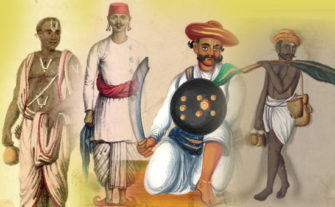 Again in theory, the system is defined as a rational distribution of occupations. A warrior by occupation is a Kshatriya.
Again in theory, the system is defined as a rational distribution of occupations. A warrior by occupation is a Kshatriya.
On the train, a concept is underlined by many characters in the film : the concept that the closed systems needs ‘balance’. Rationally speaking, it is a very sound argument. Resources are limited, if the consumers outstrip the producers, the system risks collapse. Hence, a rational distribution of everything is needed. Who gets what food, and when, needs to be distributed rationally. Who does what work, and for how much time, needs to be distributed rationally. Everyones roles need to be defined rationally to keep the system in ‘balance’.
A very sound argument. However, many arguments are sound in theory, but in erratic in practice.
The major flaw in the ‘rational’ distribution argument is the fact that one key aspect is never distributed rationally!
Power !!
The system never distributes power rationally. The tail-enders are defined not as humans but as ‘freeloaders’. The fact that they did not pay to be on the train makes them ‘less’ human. And once you strip off the humanity from a person, void of power they can be treated anyhow, like animals.
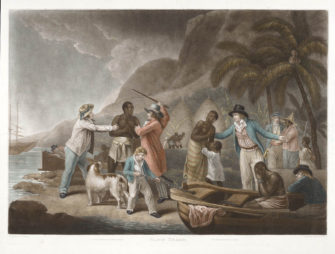 In the varna systems, somehow the Shudras end up as being less human. It is the ‘compassion’ of the upper class in merely allowing them life. The compassionate argument is the most sinister of all. It is our compassion that lets them live, otherwise, they will die of starvation. The argument is so sinister that even the African slave traders deployed it, they were merely rescuing the illiterate blacks from the barbarity of hunger and deprivation. On the farmlands the slaves get better food and living conditions than they would have ever got in their native land. So it does not matter that they are given the ‘feed’ of the lowest quality, what matters is that they are fed.
In the varna systems, somehow the Shudras end up as being less human. It is the ‘compassion’ of the upper class in merely allowing them life. The compassionate argument is the most sinister of all. It is our compassion that lets them live, otherwise, they will die of starvation. The argument is so sinister that even the African slave traders deployed it, they were merely rescuing the illiterate blacks from the barbarity of hunger and deprivation. On the farmlands the slaves get better food and living conditions than they would have ever got in their native land. So it does not matter that they are given the ‘feed’ of the lowest quality, what matters is that they are fed.
In the Varna system, this asymmetrical distribution of power transforms the ‘rational’ looking system into a mechanism of tyranny. Because the other flaw in the caste system is the inheritance of the caste. Your position in the hierarchy is based not on talent but on the ‘accident of birth’.
The underclass are the underclass as they did not ‘pay’ their way to the train, hence their children will also serve in the underclass. Yes, somebody skilful, like a violin player might be allowed into the upper class, however it will be entirely at the ‘whim’ of the upper classes.Wherein, this ‘whim’ is again an expression of power of the upper classes.
Both the powerful classes on the train, and powerful castes in the nation, derive their power entirely on the rigidity of this system. Hence, they have a vested interest in maintaining rigidity in the system.
On the train, when a security analyst exhibits real compassion towards the underclass, he is punished with solitary confinement. The rigidity of the system is sacrosanct and all arguments must be used to maintain it. Religious arguments like that of Karma, scientific arguments like that of genetic IQ. All rules are codified to maintain ‘balance’.
No wonder honour killings, Khaps are the reality. The upper classes need to maintain the rigidity of the system at all costs, even at the cost of the lives of their very own children.
If the upper class are so unforgiving about the deviations of their very own, you can imagine what fury they unleash on the underclasses for any transgressions.
The metaphors showcase the problem, Snowpiercer delves into finding solutions for the problem.
Curtis, the leader of the tail-enders believes in a revolution as the answer to their suffering.
Along the way he has challengers who firmly believe in the system, rather in the indispensability of the system, like Minister Mason. She dogmatically believes in the ‘balance’ argument. Even though it is suggested that previously she was a slave child, she has now transformed herself into a believer. The children of the front end on the train are ‘taught’ this dogma in school from a young age by lovely looking, soft spoken pregnant teacher (anybody heard of the re-education camps in the region of Xinjiang)
Extreme dogmatism is on display. The same pregnant teacher, a harbinger of life within her, has no hesitation in picking a gun and indiscriminately shooting people, due to her ardent belief in the dogma of ‘balance’. Barbarity is unleashed in the name of maintaining civilization.
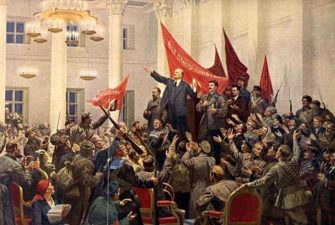 For Curtis, this is a case of the wrong people being in-charge of the system. He is all-in on changing the people who run the train. He is willing to sacrifice anything and anyone in the cause of this revolution. Like Lenin, he wants the workers to be in-charge of the system, and views it as panacea for all the ills. If the right minded people are in power, they will prevent tyranny, injustice and all the social ills.
For Curtis, this is a case of the wrong people being in-charge of the system. He is all-in on changing the people who run the train. He is willing to sacrifice anything and anyone in the cause of this revolution. Like Lenin, he wants the workers to be in-charge of the system, and views it as panacea for all the ills. If the right minded people are in power, they will prevent tyranny, injustice and all the social ills.
Curtis’s guiding light in the rebellion, Gilliam has a different view on it. Gilliam is the instigator of the rebellion. However, In a plot twist, it is revealed that he is also the co-conspirator with the King God, Wilford. Both Liams, Wilford and Gilliam believe in the dogma of ‘balance’ and accept the tyranny of power as an inevitable outcome. They are willing to sacrifice people, even their own limbs for their cause. They believe that maintaining ‘balance’ is the ‘higher’ purpose. All they want is the strong willed Curtis to be the replacement at the top of pyramid, he is the chosen one. With Wilford’s declining health, they need a ‘believer’ of the higher purpose. Many false demi-Gods exist in our society, who preach ‘suffering’ as a means of ‘mukti’ for the underclass. Using faith to legitimise oppression is not new.
Only one person on the train is thinking outside the box. It the imprisoned security consultant, Namgoong. And he is thinking really outside the box, outside the metal box of the train. Rather than sticking to any dogma, he gathers evidence on the slow melting of ice, and theorises that the outside temperature is increasing steadily, and there is no need to be stuck on a closed system. He wants to venture out in the open snow and make a life for himself and his daughter Yona.
Curtis makes the long journey, from the tail end to the front end of the train, a brutal an arduous journey soaked in blood. Equally arduous, he makes the journey from believing in the revolution, to accepting the role of the King. However, when he sees the enslaved children below the deck of the train converted into zombies, mere machine parts in a mechanical system, he snaps. He realises the unbearable cost of the power he is willing to inherit. Is it all worth it ? really, is it worth saving? Can humanity be salvaged in his manner? What does it really mean to salvage humanity?
The fatalism of all the scenarios stare at him, and he decides to go for the total revolution — Blowing up the train, destroying everything, crashing the train to its demise.
Nothing on the train was worth saving, everything and everyone was corrupted in some manner or the other. Only, the two innocent children, Yono and one slave child survive. A Polar bear stares at them from a distance, indicating that Namgoong was right, life is sustainable outside. Now what will happen? no-one knows. Maybe the two children end up as food for the bear, maybe they link up with other survivors outside, maybe this or maybe that. It is open ended.
Only one conclusion is firm, the train was not worth saving ! Maybe, that’s why Dr Ambedkar never called for the reform of the caste system, he advocated its annihilation .
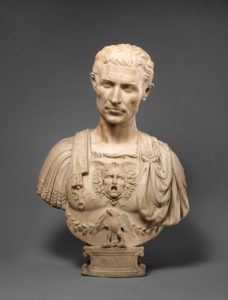 Snowpiercer is an excellent critique of the closed and rigid system. A closed system is not worth saving. This system will inevitable descend into tyranny unless it is an open system, unless the participants of the system have an option to move out. History is full of examples of closed societies collapsing. Even Julius Caesar advocated co-opting the people of the conquered territories as Roman citizens, as he realised keeping the citizenship in closed circle within Rome is unsustainable. What followed were the glorious centuries of the Roman empire. USA prides in calling itself as a ‘nation of immigrants’.
Snowpiercer is an excellent critique of the closed and rigid system. A closed system is not worth saving. This system will inevitable descend into tyranny unless it is an open system, unless the participants of the system have an option to move out. History is full of examples of closed societies collapsing. Even Julius Caesar advocated co-opting the people of the conquered territories as Roman citizens, as he realised keeping the citizenship in closed circle within Rome is unsustainable. What followed were the glorious centuries of the Roman empire. USA prides in calling itself as a ‘nation of immigrants’.
Maybe, that is why we need to explore the frontiers of space, Mars and all, to prevent our earth from becoming a closed system. Even the recently resurgent Chanakya has advised against staying in a kingdom where you are not respected, where you cannot earn a decent living. It should be a warning to all the nativist and the advocates of closing borders, it is the system that isolates itself that descends into tyranny.
Another important critique I found in the film was the emergence of a fifth class, which I shall call as the ‘Frivolous class’.
Once, you have established the rigidity of the system as an essential dogma, it has an interesting side effect. Amongst children of the upper class, some are utterly incompetent to pursue any profession. They are out of place in the occupation structure by either their lack of intellectual bandwidth or by pure  disinterest in those occupations. However, once you have established the rigidity of the classes/castes, you can’t just throw them out. Any discarding can be viewed as emergence of fluidity, the antithesis of rigidity. what do we do with such misplaced people? The answer is, you can do nothing about them, just maintain them, just allow them to slide into their vices, going berserk on drugs. Such people are what I call as the ‘Frivolous class’.
disinterest in those occupations. However, once you have established the rigidity of the classes/castes, you can’t just throw them out. Any discarding can be viewed as emergence of fluidity, the antithesis of rigidity. what do we do with such misplaced people? The answer is, you can do nothing about them, just maintain them, just allow them to slide into their vices, going berserk on drugs. Such people are what I call as the ‘Frivolous class’.
The rigidity of the system creates this good for nothing upper class. Members who are there, but who are not part of the conversation, best forgotten.
In the long run this frivolous class threatens the system. They are basically adding to the inefficiencies of the system, the dead load of the system and when a tipping point is reached, they trigger a collapse of the system. History is replete with instances like, “Let them eat cake”, ushering chaos.
Now only one thing remains to ponder upon. Once something has been succinctly established in the concise format of a film, why do we need an elaborate multi season web series?

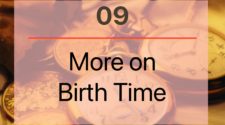
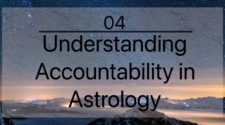


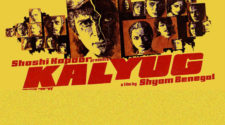



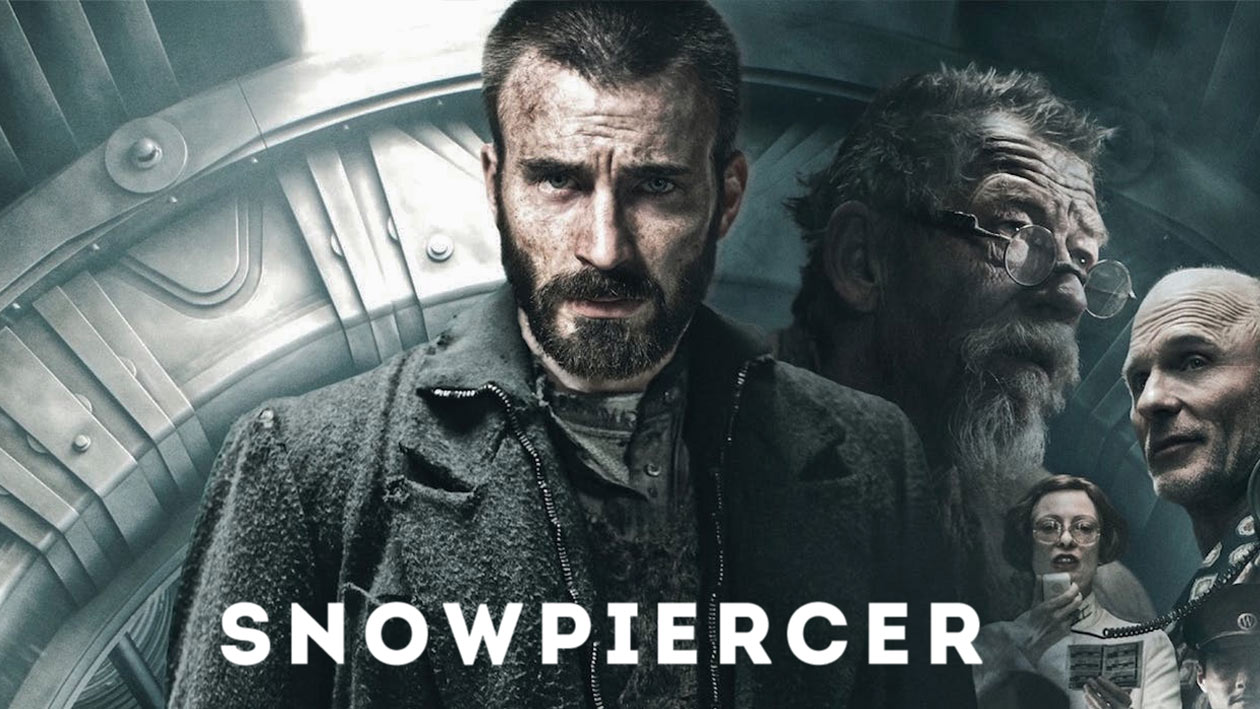
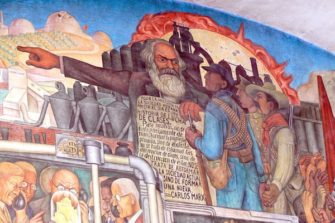


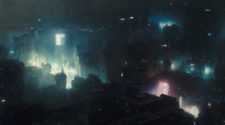

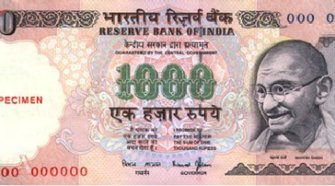
Let the eat cake 🙂
That is quite a summation. You have rightly said at times system needs to be broken, not reformed. Caste system/ Varna cannot be reformed like cancer they have to be totally annhilated.